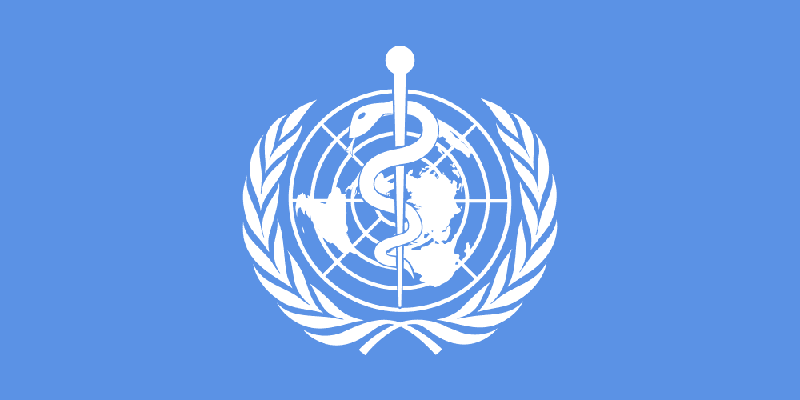

The World Health Organisation (WHO) validated on Friday the BBIBP-CorV COVID-19 vaccine developed by China’s Sinopharm for emergency use.
“This afternoon, WHO gave emergency use listing to Sinopharm Beijing’s COVID-19 vaccine, making it the sixth vaccine to receive WHO validation for safety, efficacy, and quality,” said WHO Director-General Dr. Tedros Adhanom Ghebreyesus at a press briefing.
“This expands the list of vaccines that COVAX can buy, and gives countries confidence to expedite their own regulatory approval, and to import and administer a vaccine,” he said.
In an official press release, WHO Assistant-Director General for Access to Health Products Dr. Mariangela Simao said that the addition of the Sinopharm vaccine has “the potential to rapidly accelerate COVID-19 vaccine access for countries seeking to protect health workers and populations at risk.”
The vaccine produced by Beijing Bio-Institute of Biological Products Co Ltd, a subsidiary of the China National Biotec Group, is an inactivated vaccine with easy storage requirements, which makes it highly suitable for low-resource settings.
It is also the first vaccine that will carry a vaccine vial monitor, a small sticker on the vaccine vials that change color if the vaccine is exposed to heat, letting health workers know whether the vaccine can be safely used.
According to WHO’s Strategic Advisory Group of Experts on Immunisation (SAGE), the Sinopharm vaccine is recommended for use in adults 18 years and older, in a two-dose schedule with a spacing of three to four weeks.
Though few older adults over 60 years were enrolled in clinical trials and efficacy could not be estimated in this age group, WHO is not recommending an upper age limit for the Sinopharm vaccine, because reviewed data have suggested that the vaccine is likely to have a protective effect in older persons, according to the WHO press release.
“There is no theoretical reason to believe that the vaccine has a different safety profile in older and younger populations,” said the WHO press release, which recommends that countries using the vaccine in older age groups conduct safety and effectiveness monitoring.